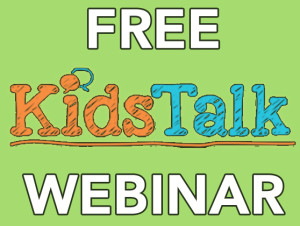
Research shows that to master a subject requires 10,000 hours of concentrated practice. At 40 hours per week, 50 weeks a year, we’d need 5 years to become a master. Ratchet that time down to 20 hours per week and we are looking at 10 years. Ten hours a week of practice, we’ll need 20 years to reach master status.
Becoming good at something requires time and practice, and the time to practice.
Most of our children’s school days are interrupted by short whole-class instruction times, short practice times and no time to explore and research connections and possibilities. A visit to a first-grade classroom a few years ago showed me a “pod” of four classrooms changing teachers every 25 minutes. There was no time in the day for children to be reflective and have deep learning occur. Children shifted learning gears every 20 minutes instead of having time to learn “how-to-learn.”
Research indicates that there are desirable tasks that help optimize our ability to learn new skills.
Effective learning or skill building occurs when we can maximize these factors:
- We have the ability to focus our attention on the task at hand.
- We have control over the choice of the task.
- The task is meaningful to us, and we understand how to do it.
- We have adequate time to practice the task, which research shows to be 60 to 90 minutes per day.
- We control feedback, which is accurate and timely.
- We have the opportunity to repeat the task daily or many times per week.
- We have overnight rest between practice sessions.
Learning requires time. Deep time.
Time to develop attention, focus and concentration. Time to repeat––all day if necessary. Time to explore. Time to research. Students need time to freely choose learning activities.
Teachers need time. Time to understand each child’s personality, style, needs and dreams. Parents need time to forge bonds of trust with teachers to meet their common goal of unlocking each child’s potential, developing that potential and setting it free to be of service to all.
What if teachers had 24 students in a classroom, each student for three years and only 8 new students entering and 8 older students leaving the classroom each year? What if parents and students only had one teacher to work with for three years?
Can you imagine the benefits of deep time?
After three years in one of these styles of classrooms, student, teacher and parent are halfway to the 10,000 hour mark of mastery in their respective roles.
As we take this second step of deep time in our move toward “exponential education,” I hope you are beginning to see that we can get off the old, broken-down bus and design a system that meets our learning needs–child and adult–in a powerful way.
This is part of a series on creating a fresh educational view.
Next: Students Need Learning Tools


One Response to “Learning Requires Deep Time”